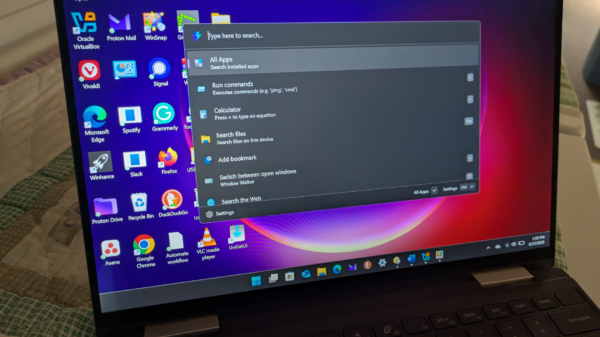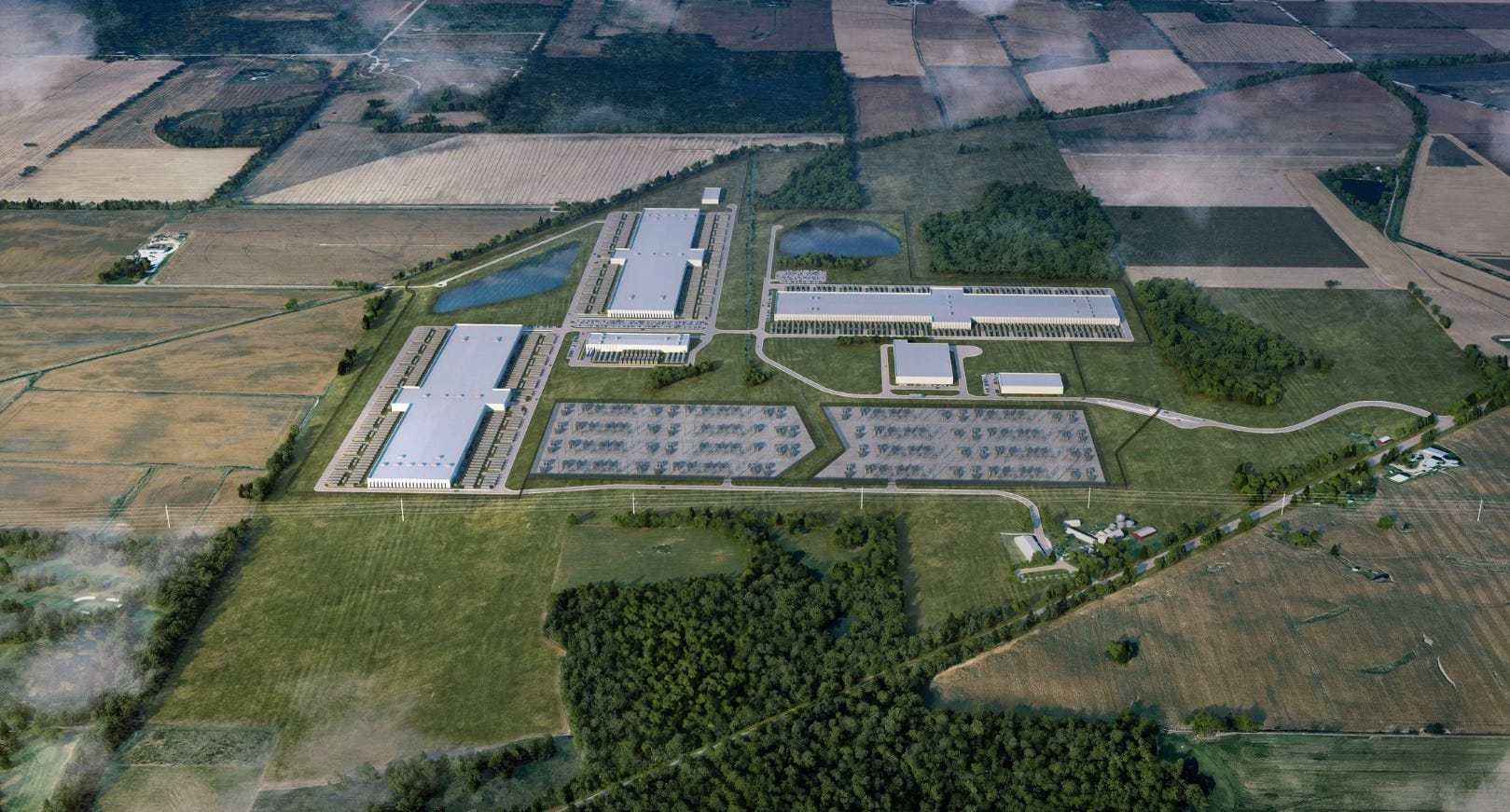Michigan lawmakers are divided over a request from DTE Energy to expedite its plan for a substantial data center project in Saline Township. The utility company seeks approval from the Michigan Public Service Commission (MPSC) to supply energy for the facility without the customary public hearings. This request follows announcements by OpenAI and Oracle in October regarding their intentions to establish a data center campus in Michigan, designed to deliver 1.4 gigawatts of computing power.
While some officials advocate for DTE’s request, others have raised concerns regarding the lack of public input. Among the supporters are U.S. Rep. Debbie Dingell, D-Ann Arbor, and Attorney General Dana Nessel, who have expressed reservations about the absence of public hearings. Conversely, several state lawmakers, including former House Speaker Rep. Joe Tate, D-Detroit, Rep. Bill Schuette, R-Midland, and Rep. Pauline Wendzel, R-Watervliet, have submitted comments urging the MPSC to approve the motion.
DTE Energy argues that the project will not lead to increased residential electric rates. In regulatory filings, the company emphasized that a state law passed in 2024 prevents data center developments from passing energy costs onto residents to qualify for tax incentives. Tate described the project as a “significant opportunity” for Michigan, emphasizing its potential for economic investment and job creation. He stated, “The data center will bring substantial economic investment, create high-quality jobs, and reinforce Michigan’s position as a leader in innovation and technology infrastructure.”
Concerns Over Public Input and Environmental Impact
Despite the support, critics argue that DTE should substantiate its claims regarding the impact of the data center on residential energy costs. Attorney General Nessel expressed her apprehensions, stating, “I’m deeply concerned about it. This is a massive project, and I think we have to be very careful and cautious how it proceeds.” She highlighted the complexity of the situation and the necessity for public hearings to ensure transparency.
Nessel also pointed out that some lawmakers advocating for the ex parte motion do not represent Saline Township, where the project is planned. The township board initially opposed the rezoning of farmland for the data center before a settlement was reached between the developer, Related Digital, and Saline Township, allowing the project to go forward.
Rep. Wendzel, who chairs the House Energy Committee, has communicated to the commission that the project could provide economic benefits and potentially lower residential energy costs by expanding the customer base for energy in Michigan. “What’s before the Commission is more than a single approval; it is a blueprint for how Michigan competes in the 21st Century,” she remarked.
The Path Forward for DTE’s Proposal
There are growing concerns that the data center could impede Michigan’s clean energy goals. The planned capacity of 1.4 gigawatts surpasses the 1.2 gigawatts produced by DTE’s Fermi 2 nuclear power plant, which serves approximately one million residents. Critics suggest that large data centers may obstruct the state’s transition to sustainable energy sources.
The 2024 state legislation mandating that energy providers generate power from 100% clean sources by 2040 permits utilities to seek exemptions if they cannot meet energy demands. The timeline for a decision by the MPSC regarding DTE’s request remains uncertain. The commission is scheduled to meet next on December 5, 2023, in Lansing, where agendas are typically released one day prior to meetings.
As discussions continue, the outcome of this proposal could significantly influence Michigan’s energy landscape and its position in the technology sector.






































































